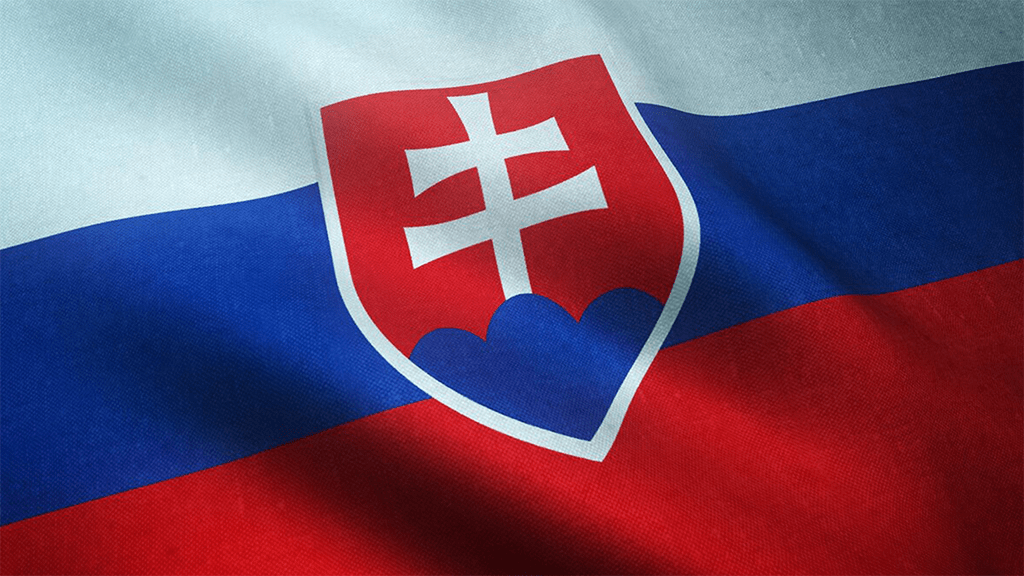Slovakia Aids Hungary in EU Sanctions Lift on Russian Oligarch: Reports

March 18, 2024 : European Union (EU) unity regarding sanctions on Russia has come under question following a media report alleging that Slovakia supported Hungary’s attempt to lift sanctions on a prominent Russian oligarch. According to Aktuality, a Slovakian news outlet, negotiations between Slovak and Hungarian Prime Ministers in December 2023 addressed this issue.
The report specifies that Hungary proposed lifting sanctions on several Russians, including Alisher Usmanov, a wealthy Russian-Uzbek businessman with close ties to President Vladimir Putin. Slovakia supported this proposal in exchange for Hungary’s backing for the removal of sanctions on Slovak businessman Jozef Hambálek. Hambálek’s inclusion on the sanctions list stemmed from his alleged connections to the Night Wolves, a Russian biker group with ties to Putin.
The veracity of this report remains unconfirmed, and neither Slovakia nor Hungary has issued official statements on the matter. However, if true, this news suggests potential cracks in the EU’s united front regarding sanctions on Russia.
The EU’s imposition of economic and travel sanctions on Russia in response to its invasion of Ukraine is a clear demonstration of the bloc’s united front. These sanctions, which target individuals, businesses, and government entities deemed aiding or financing the war effort, are powerful in pressuring Russia. Therefore, maintaining a unified stance on these sanctions is not just important, but crucial for their effectiveness.
The report underlines the potential for diverging national interests within the EU to complicate the implementation of sanctions. If Slovakia’s reported willingness to support Hungary’s agenda in exchange for a concession on a separate issue is true, it could signify a significant shift in the EU’s approach to sanctions on Russia, potentially undermining the bloc’s unity.
The reasons behind Slovakia’s alleged support for lifting sanctions on Usmanov are unclear. However, economic considerations or pre-existing business ties may have influenced their position. Usmanov is a major shareholder in several European companies, and his business interests could intersect with Slovakian economic concerns.
Looking ahead, the EU will need to address any internal disagreements regarding sanctions to maintain a strong and unified front against Russia. Transparency and open communication among member states will be essential to ensuring that national interests do not undermine the sanctions regime’s effectiveness.
It is important to note that this is an unverified report, and further developments or official statements from the involved parties are necessary to better understand the situation. The international community will continue to scrutinize the EU’s response to the Ukraine war and its ability to maintain a unified stance on sanctions.


















































